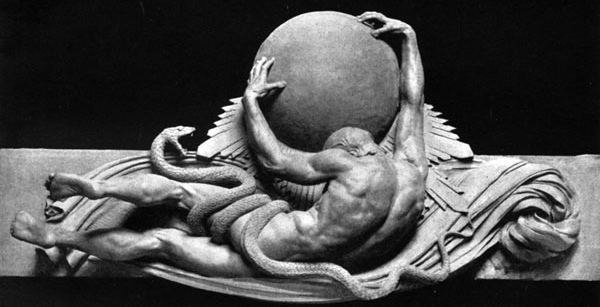Survival of the fittest
"Survival of the fittest" is a phrase that originated in evolutionary theory as an alternative (but less accurate) way of describing the mechanism of natural selection. It is more commonly used today in other contexts, to refer to a supposed greater probability that "fit" as opposed to "unfit" individuals will survive some test.
Herbert Spencer first used the phrase – after reading Charles Darwin's On the Origin of Species – in his Principles of Biology (1864), in which he drew parallels between his own economic theories and Darwin's biological ones, writing, "This survival of the fittest, which I have here sought to express in mechanical terms, is that which Mr. Darwin has called 'natural selection', or the preservation of favoured races in the struggle for life."
Darwin first used Spencer's new phrase "survival of the fittest" alongside "natural selection" in the fifth edition of On the Origin of Species, published in 1869, intending it to mean "better designed for an immediate, local environment".
It has been claimed that "the survival of the fittest" theory in biology was interpreted by late 19th century capitalists as "an ethical precept that sanctioned cut-throat economic competition" and led to the advent of the theory of "social Darwinism" which was used to justify laissez-faire economics, war and racism. However, these ideas predate and commonly contradict Darwin's ideas, and indeed their proponents rarely invoked Darwin in support, while commonly claiming justification from religion and Horatio Alger mythology. The term "social Darwinism" referring to capitalist ideologies was introduced as a term of abuse by Richard Hofstadter's Social Darwinism in American Thought published in 1944.
Russian anarchist Peter Kropotkin viewed the concept of "survival of the fittest" as supporting co-operation rather than competition. In his book Mutual Aid: A Factor of Evolution he set out his analysis leading to the conclusion that the fittest was not necessarily the best at competing individually, but often the community made up of those best at working together.
The phrase "survival of the fittest" is not generally used by modern biologists as the term does not accurately describe the mechanism of natural selection as biologists conceive it. Natural selection is differential reproduction (not just survival) and the object of scientific study is usually differential reproduction resulting from traits that have a genetic basis under the circumstances in which the organism finds itself, which is called fitness, but in a technical sense which is quite different from the common meaning of the word.[1]
